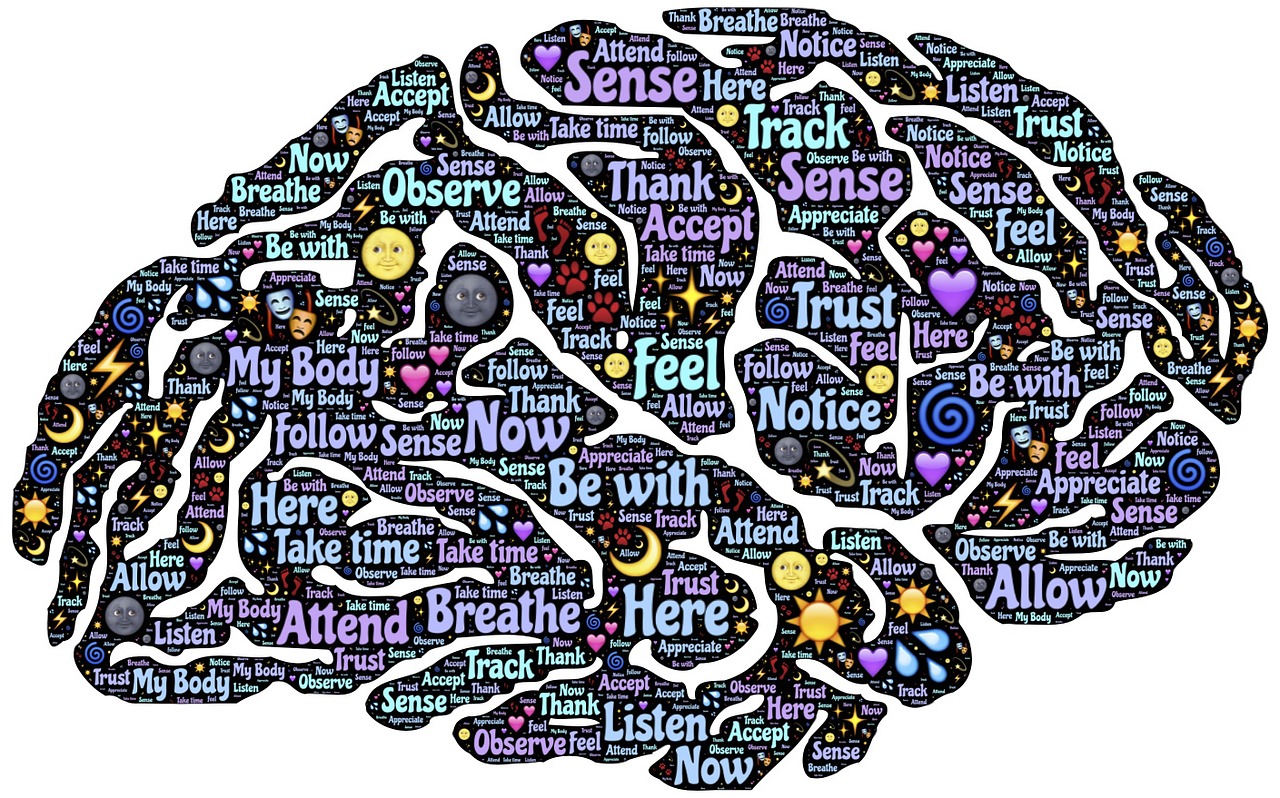Most of us seek counseling because we want to improve something in our lives – relationships, confidence, mood, personal growth, or something else. Improvement, however, is achieved only with the hard work of change. The plain truth about change, is that change requires mindfulness.
If your first reaction is “ugh,” then maybe you are thinking that Mindfulness is all about incense-scented meditation retreats and becoming all Zen and new-age or having to dedicate an hour a day in the dark quietly meditating. While you could do any of those activities and reap benefits, Mindfulness also can be much lower key than that.
So, what really is Mindfulness then? Well, according to John Kabat Zinn (a guru on the subject): “Mindfulness is awareness that arises through paying attention, on purpose, in the present moment, non-judgmentally.” “It’s about knowing what is on your mind.” 1
If you are still reading this, then you are paying attention and already being partially mindful.
So, how about trying a simple mindfulness activity right now – It’ll take about 30 seconds – I promise.
Okay, for just this next moment, try placing your full attention on your breathing. If you feel comfortable doing so, close your eyes. Then, just “watch” your breath as it comes in through your nostrils. As you begin to inhale, notice your body respond – your abdomen rises a bit, then your chest, then your shoulders a little. And as your inhale turns into exhale, notice your shoulders lower slightly, then your chest, and finally your abdomen pulls slightly back inward. Try taking one more mindful breath allowing it to be slow and easy and notice any shifts you feel.
Your breath is just one object used as a focus of attention. You may even notice you feel a bit calmer. If not, what did you notice? What thoughts came to mind? What emotions did you experience? Were you aware of your physical sensations? The noticing in the moment is being mindful. Congratulations!
So, getting back to the point of this blog. Can mindfulness help you change or improve your life? Well, if you can practice noticing your breath, you also can learn to notice your thoughts, your emotions, and physical sensations. When you are able to notice these in the present moment, you will begin to learn more about yourself, develop more compassion for your stumbles, and more fully experience the small successes and positive moments of your life. The simple practice of noticing will allow you to enhance both self–awareness and self-compassion – key elements underlying your capacity for change. The more you know about yourself, the better you can notice when old unhealthy patterns arise, and therefore become able to change them.
Some people practice mindfulness when gardening, singing, praying, being in nature, doing yoga, and yes, meditating. Many counselors (including those at CNC), incorporate mindfulness into individual therapy and nutrition counseling. You also can find local classes teaching mindfulness, meditation, and Mindfulness Based Stress Reduction (MBSR).
However, you can begin very simply. Try stopping for just one time each day to take those two mindful breaths. Perhaps when you’re in line for coffee or when you are in traffic (just don’t close your eyes, please!). Not only will you be building your capacity for change, you may also find you are building a tool to lower your stress whenever you just notice and breathe.
References:
- Mindful Staff. (2016, January 11). Jon Kabat-Zinn: Defining Mindfulness. Retrieved from: http://www.mindful.org/jon-kabat-zinn-defining-mindfulness/#
For more information:
- Carmody, Jim: A compilation of recent research on the efficacy of Mindfulness Based Stress Reduction (MBSR): Cited in: https://docs.google.com/viewer?a=v&pid=sites&srcid=ZGVmYXVsdGRvbWFpbnxtaW5kZnVsbmVzc21lZGl0YXRpb25ueWN8Z3g6MzhkYmZjMDRlNzI5N2M5Zg&pli=1
- Chodron, Pema. (1997). When Things Fall Apart. Heart advice for difficult times. Boston, MA: Shambhala Publications, Inc.
- Kabat-Zinn, J. (1994). Wherever You Go, There You Are. New York, NY: Hyperion.
- Siegal, D. (2010) Mindsight. The new science of personal transformation. New York, NY: Bantam Books.

